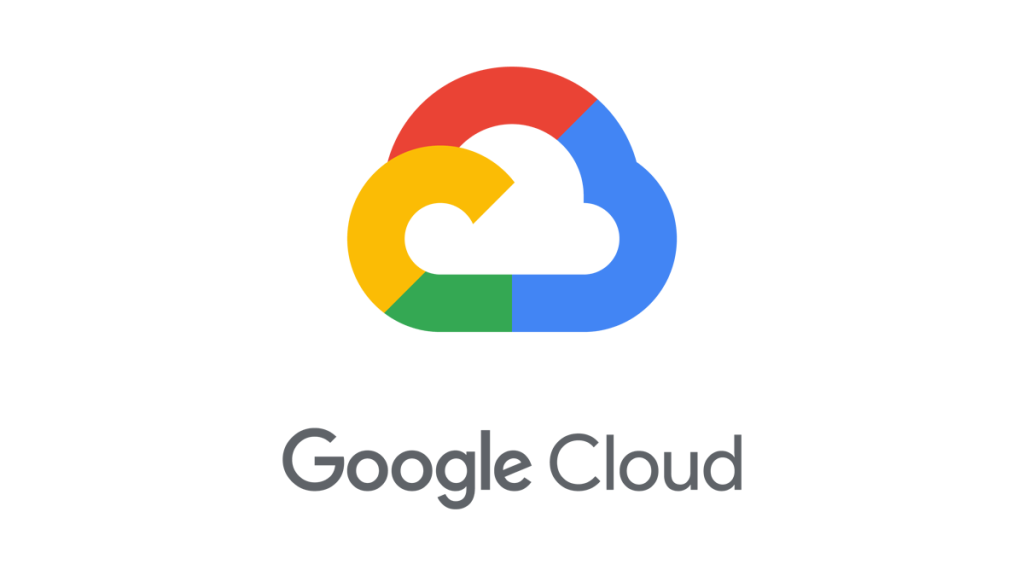Amazon Web Services, Inc. (AWS) is a subsidiary of Amazon that provides on-demand cloud computing platforms and APIs to individuals, companies, and governments, on a metered, pay-as-you-go basis.
Microsoft Azure, often referred to as Azure is a cloud computing platform operated by Microsoft that provides access, management, and development of applications and services via around the world-distributed data centers. Microsoft Azure has multiple capabilities such as software as a service (SaaS), platform as a service (PaaS) and infrastructure as a service (IaaS) and supports many different programming languages, tools, and frameworks, including both Microsoft-specific and third-party software and systems.
Google Cloud Platform, offered by Google, is a suite of cloud computing services that runs on the same infrastructure that Google uses internally for its end-user products, such as Google Search, Gmail, Google Drive, and YouTube.
Amazon Web Services (AWS) presently dominates infrastructure, including scalable storage, networking, server, mobile development, and cybersecurity solutions. Microsoft Azure, its chief rival, provides some of the most scalable and efficient software solutions. Google Cloud Platform GCP offers high-end big data analytics solutions and allows easy interaction with other vendor products.
Azure

AWS was publicly launched in 2006 with service offerings such as Elastic Compute Cloud (EC2), Simple Storage Service (Amazon S3), etc. By 2009, Elastic Block Store (EBS) was made public, and services such as Amazon CloudFront, Content delivery network (CDN), and more formally joined the AWS Cloud Computing Service offerings.
Microsoft Azure
Microsoft Azure, initially called Azure, was launched in 2010 with the intent to provide a competent Cloud Computing platform for businesses. Azure was renamed as ‘Microsoft Azure’ in 2014, though the name ‘Azure’ is still commonly used. Since its inception, Microsoft Azure has shown great progress among its competitors.

Google Cloud
Google Cloud Platform began its journey in 2011, and in less than a decade it has managed to create a good presence in the cloud industry. The initial intent of Google Cloud was to strengthen Google’s own products such as Google Search engine and YouTube. But now, they have also introduced their enterprise services so that anyone can use Google Cloud Platform which shares the same infrastructure as that of Google Search or YouTube

Notable users of Amazon Web Services (AWS)
- Coursera
- Expedia
- Netflix
- Coinbase
- Formula 1
- Intuit
- Airbnb
- Lyft
- Food and Drug Administration (FDA)
- Coca Cola
Notable users of Microsoft Azure
- Bosch
- Audi
- ASOS
- HSBC
- Starbucks
- Walgreens
- 3M
- FedEx
- Walmart
- HP
- Mitsubishi Electric
- Renault
Notable users of Google Cloud Platform (GCP)
- Toyota
- Equifax
- Nintendo
- Spotify
- The Home Depot
- Target
- Paypal
- UPS
Differences between AWS, Azure and Google Cloud
| Details | AWS | Azure | Google Cloud |
| Computing | Mature Catalog, Functionally Rich (EC2, plus ECS and EKS containers) | Diverse Catalog (Virtual Machines, open source plus AKS containers) | Growing Catalog (Compute Engine, plus Kubernetes Engine) |
| Market Share | Dominant Market Position | Second Largest Provider | Third Largest Provider |
| Regions | Medium-High Reach (26 regions) | Best Reach (54+ region) | Growing Reach (21 current regions and zone) |
| General Network | Speedy, Dedicated Connection (AWS Direct Connect) | Broad and Flexible (Azure Virtual Network) | Most Limited |
| Storage | Largest Range | Medium-Large Range | Basic |
| Databases | Mid-sized range | Largest Range | Mid-Sized |
| Security | Mature, isolated | Largest Gaps | Reliable Midpoint |
| Analytics & Big Data | Medium-High Powered | Most Powerful | Strength in Advanced Analytics |
| AI | Largest Provider | Medium-Large Provider | Pioneer, Large Provider |
| IoT | Largest Provider | Smaller, but Targeted | Emerging |
| Blockchain | Most Widely used Blockchain | Three-Step Solution Blockchain Technology and Applications | Infrastructure Assistance for Ethereum and Hyperledger Fabric |
| Integration | Strong (Supports interoperability, especially via public cloud) | Strong (Supports hybrid architecture and interoperability) | Emerging (strong APIs, limited ETL tools) |
| Migration | Requires IT Proficiency | Requires IT Proficiency | Require IT Proficiency |
| Pricing | Costly | Manageable | Minimal |
AWS vs. Google Cloud vs. Azure: which cloud platform should I choose?
Every business has unique demands, and each service provider responds to those needs uniquely. A software developer, a financial institution, and an e-commerce company, for example, all use cloud services differently.
They are subject to distinct regulatory compliance obligations. Meanwhile, cloud service providers may offer similar services as any other business but frequently carve out their niche that works well for prospective buyers. Understanding how AWS, Azure, and GCP fit into your firm’s larger cloud strategy goals may give you an advantage.
Conclusion
Even though Amazon Web Services (AWS) is currently the industry leader in terms of storage and services, Microsoft Azure and Google Cloud are fast expanding to compete with AWS.
With its heavy focus on the enterprise, Azure, in particular, is hot on AWS’ heels. Meanwhile, Google’s reach continues to grow via integration with open-source programs and third-party businesses.
